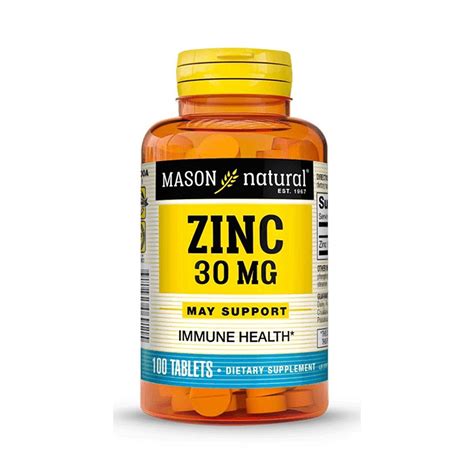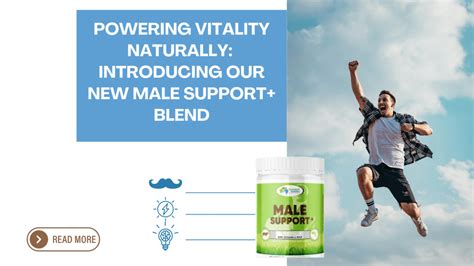The Unsung Heroes of Men’s Vitality: Beyond Protein
For many men, the conversation around nutrition often begins and ends with protein, largely due to its undeniable role in muscle growth and repair. However, optimizing men’s health, particularly when it comes to sustained energy and robust hormonal balance, requires looking beyond the protein shake. The true foundation of vitality often lies in a nuanced interplay of often-overlooked micronutrients and specific dietary fats.
Essential Dietary Fats: Fueling Hormones and Energy
Far from being just a source of calories, certain dietary fats are foundational to hormonal production and cellular energy. They are not merely fuel, but critical building blocks.
Omega-3 Fatty Acids (EPA & DHA)
These polyunsaturated fats, primarily found in fatty fish like salmon, mackerel, and sardines, are powerful anti-inflammatory agents. Chronic inflammation can disrupt hormonal pathways and lead to fatigue. Omega-3s support cellular health, brain function, and are vital for the proper functioning of the endocrine system, indirectly aiding testosterone production and mood stability. Plant-based sources like flaxseeds and walnuts offer ALA, which the body can convert to EPA and DHA, though less efficiently.
Monounsaturated and Saturated Fats (from Healthy Sources)
While often villainized, healthy sources of saturated and monounsaturated fats are crucial. Cholesterol, derived from dietary fats, is a precursor to all steroid hormones, including testosterone. Avocados, nuts, seeds, olive oil, and organic, grass-fed meats provide these fats. The key is balance and source quality, avoiding highly processed versions.

Critical Micronutrients for Male Vitality
These tiny powerhouses are involved in thousands of biochemical reactions daily, from energy production to hormone synthesis and regulation. Deficiencies can subtly, yet significantly, undermine men’s energy and hormonal health.
Magnesium: The Master Mineral
Involved in over 300 enzymatic reactions, magnesium is essential for ATP (energy) production, muscle and nerve function, blood glucose control, and blood pressure regulation. It also plays a role in testosterone synthesis and improves sleep quality, which is crucial for hormonal restoration. Excellent sources include dark leafy greens, nuts, seeds, legumes, and whole grains.
Zinc: The Testosterone Booster
Zinc is indispensable for male reproductive health. It’s directly involved in testosterone production, sperm quality, and prostate health. Furthermore, it supports immune function and enzyme activity critical for energy metabolism. Oysters are the richest source, followed by red meat, poultry, beans, nuts, and dairy products.

Vitamin D: The Sunshine Hormone
Often referred to as a pro-hormone, Vitamin D is crucial for much more than just bone health. It plays a significant role in testosterone production, immune function, mood regulation, and overall energy levels. Most people don’t get enough sunlight exposure to produce adequate levels, making dietary sources (fatty fish, fortified foods) and supplementation often necessary.
B Vitamins: The Energy Catalysts
The entire B-complex, particularly B6, B12, and Folate, is vital for converting food into energy, supporting neurological function, and creating red blood cells. B6 is also involved in neurotransmitter synthesis, affecting mood and sleep, indirectly supporting hormonal balance. Found in whole grains, meat, eggs, dairy, legumes, and leafy greens.

Selenium: Thyroid and Antioxidant Support
This trace mineral is critical for thyroid gland function, which regulates metabolism and energy levels. Selenium also acts as a powerful antioxidant, protecting cells from oxidative damage that can impair hormone production. Brazil nuts are an exceptional source; other sources include seafood, meat, and eggs.
Boron: The Hormone Regulator
Emerging research suggests boron can influence the metabolism of steroid hormones, including testosterone and estrogen. It may help increase free testosterone levels by reducing SHBG (Sex Hormone Binding Globulin) and reducing estrogen. Found in fruits, vegetables, and nuts.

Integrating for Optimal Health: Beyond Supplements
While targeted supplementation can be beneficial for correcting specific deficiencies, the most effective approach for sustained energy and hormonal balance is a whole-food diet rich in variety. Prioritize nutrient-dense foods, ensuring a spectrum of colors on your plate to cover a wide range of vitamins, minerals, and phytonutrients. Hydration, adequate sleep, and stress management are also non-negotiable pillars that work synergistically with proper nutrition to optimize men’s health.
Conclusion: A Holistic View of Male Vitality
Moving beyond the narrow focus on protein for muscle gain, men can unlock profound improvements in their sustained energy levels and hormonal balance by paying close attention to these often-overlooked micronutrients and healthy dietary fats. By nourishing the body with these critical components, supported by a holistic lifestyle, men can achieve a deeper, more resilient state of health and vitality.





